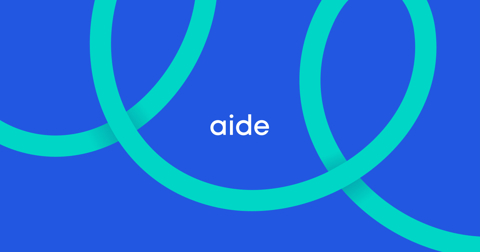
NHS England study on app for people with type 2 diabetes to help with self-management of the condition
Pilot study results of app that helps people follow recommended treatment plans for long-term health condition
The results of a recent NHS England study has reported three quarters (75%) of people with long-term health conditions sticking to recommended treatment plans using an app.
The results could help save the NHS millions of pounds in medication that is no longer needed when health conditions are under better control.
A six-month pilot trial followed people with type 2 diabetes and asthma using the digital health app Aide.
The app is designed to use more natural, conversational language, to help people with long-term health conditions follow a recommended treatment plan from healthcare professionals.
Previously it was estimated that around half (50%) of people fail to follow their treatment plans, costing the NHS £930 million each year in prescriptions that are no longer needed. The figure for people with type 2 diabetes is estimated at £100 million.
It is estimated there are around 26 million people in England with long-term health conditions including type 2 diabetes and asthma, and without treatment plans in place both conditions can put people at more risk of developing complications including heart problems.

The study in North Yorkshire began in May 2022 at a practice within NHS England and was targeted at those aged 18-75-plus with asthma or type 2 diabetes.
At the start of the pilot researchers found that 41% of participants admitted to stopping their medication when they felt their condition was under control.
The most improved patient in the over 70s age group saw their following of recommended treatment go from less than 50% to 100% in just three and a half months.
The results showed that active users of the digital app achieved an average adherence of 75%, significantly greater than the 40-50% average adherence anticipated of medicines in general.
The app shares live health reports with the patient’s healthcare team, and it takes an average 15 seconds for the majority of users to report a symptom.
Using natural language, Aide has short, daily conversations with patients who have asthma or type 2 diabetes, to help them manage their day-to-day health. The app helps to improve their relationship with their medicine, record monitoring for things such as blood pressure and blood glucose and provides structured education.

Dr Swaminathan Thiagarajan, of Pickering Medical Practice, said: “As a research-active practice, we are excited to explore how new technologies can support our population. Our patients found the natural language element of Aide easy to use and it’s promising to see that those in their 70s use the app daily and have their adherence improve. I can see a significant role for Aide to enable the patient to take control of their long-term conditions in an individualised and patient-centred way.”
Following taking part in the study, Louise (34), who is living with type 2 diabetes, said: “Having Aide means that we are taking a partnership approach to my health. This would mean the power is more balanced and that my clinician is able to see me as a person with a life rather than just my condition.”
Professor Nick Barber, Head of Clinical Outcomes at Aide, said: “There is a great unmet need amongst patients with long term conditions – to be helped to understand their medicines and to take them reliably. This is just the start of a longer journey to helping clinicians understand the patient’s relationship with medication in order to help those who are most in need of it, however the early results are already promising. Aide provides daily friendly support that should help them manage their conditions more effectively.”
Aide is next being introduced to patients in a Primary Care Network in England to help reduce the over-use of reliever inhalers for asthma and improve self-management. More conditions will be added to the app within the next year.
Find out more about DRWF-funded research here
I would like to make a regular donation of
I would like to make a single donation of
There are lots of ways to raise money to support
people living with all forms of diabetes.
Bake, Swim, Cycle, Fly ... Do It For DRWF!
Fundraise with us
Recent News


